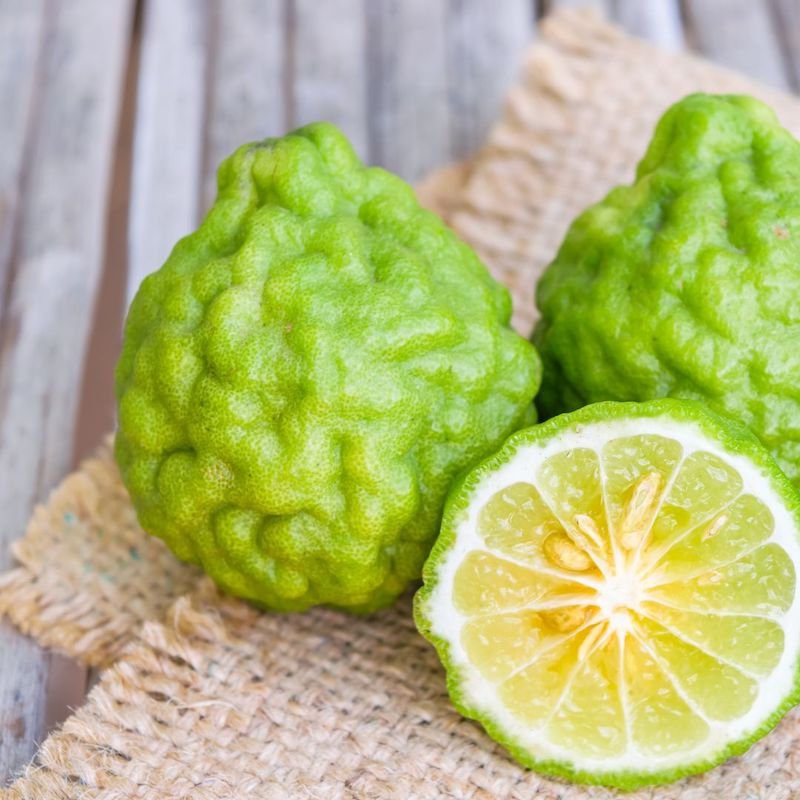Bergamot in Perfume
Some perfume ingredients have an unmatched scent, fascinating both novice enthusiasts and seasoned connoisseurs alike. Among these, bergamot stands as an elegant and unique versatile note. In this article we are going to understand what is bergamot and how it is used in perfumery.
What is the History of Bergamot
Bergamot, also known as Citrus bergamia, traces its origins in Southern Italy, in the coastal region of Calabria. The fruit, a hybrid between a sour orange and a lemon, received attention for its distinct aroma, which combines citrus with subtle floral notes. Initially harvested for its culinary use, bergamot soon entered into perfumery, where its complex scent profile was sought after by perfumers who desired to make sophisticated fragrances.
How does Bergamot smell like?
The essential oil extracted from bergamot peels is a bright, zesty, reminiscent of citrus orchards. This initial burst transitions into a delicate floral bouquet, where hints of jasmine, neroli, and rose intertwine with the fruit's vibrant essence. Beneath it all lies a warm, slightly spicy undertone, adding complexity to compositions.
Versatility and Adaptability
One of bergamot's qualities is its remarkable versatility, making it a staple ingredient in perfumery across various genres. Whether featured prominently as the star of the composition or used as a support to other notes, bergamot lends its distinctive character to various olfactory creations. From refreshing citrus colognes to oriental blends, its adaptability allows perfumers to explore a diverse range of olfactory expressions, allowing its enduring relevance in an ever-evolving industry.
Bergamot is an ingredient that isn't commonly well known and is usually referred to as a citrus note, however our house recognises the significance this unique scent has on perfumery and with it we have crafted some of our most significant blends like Nedjma, which take the sweetness of bergamot to the level of excellence.


